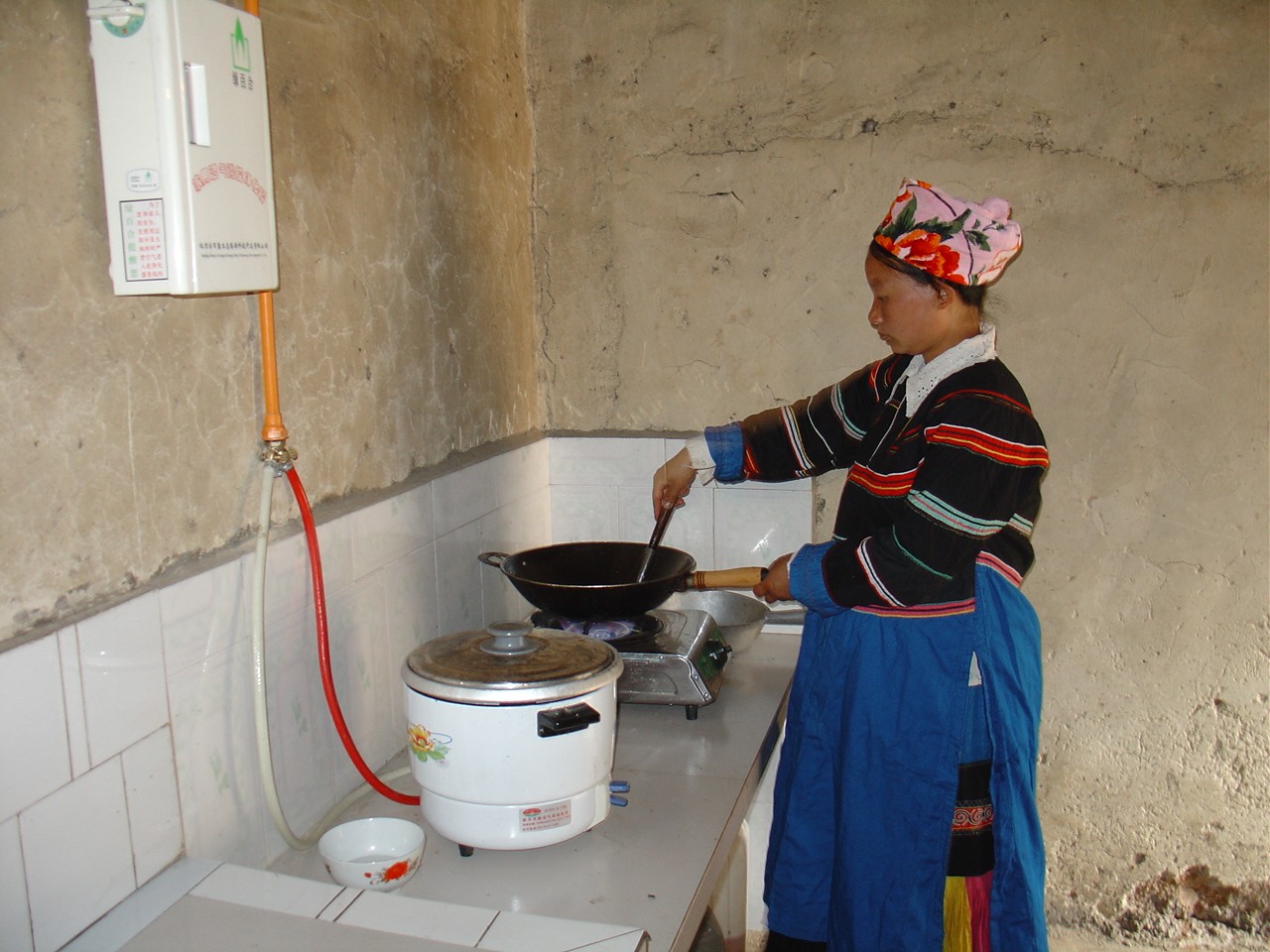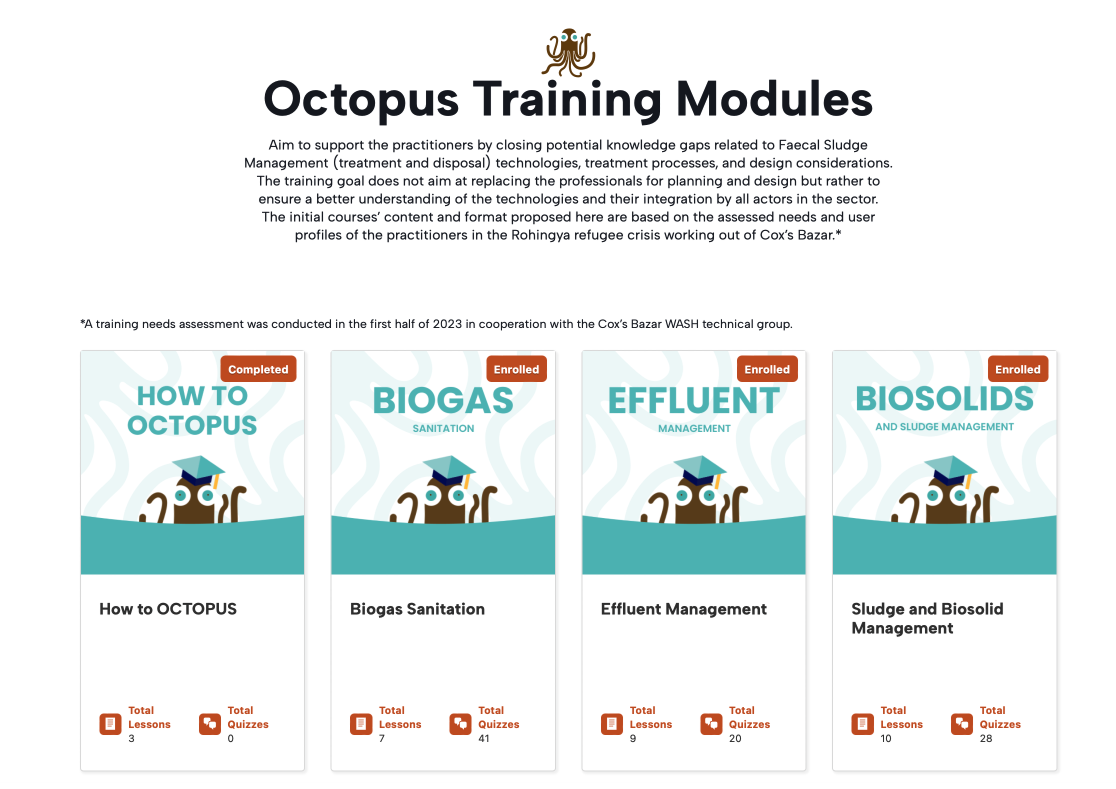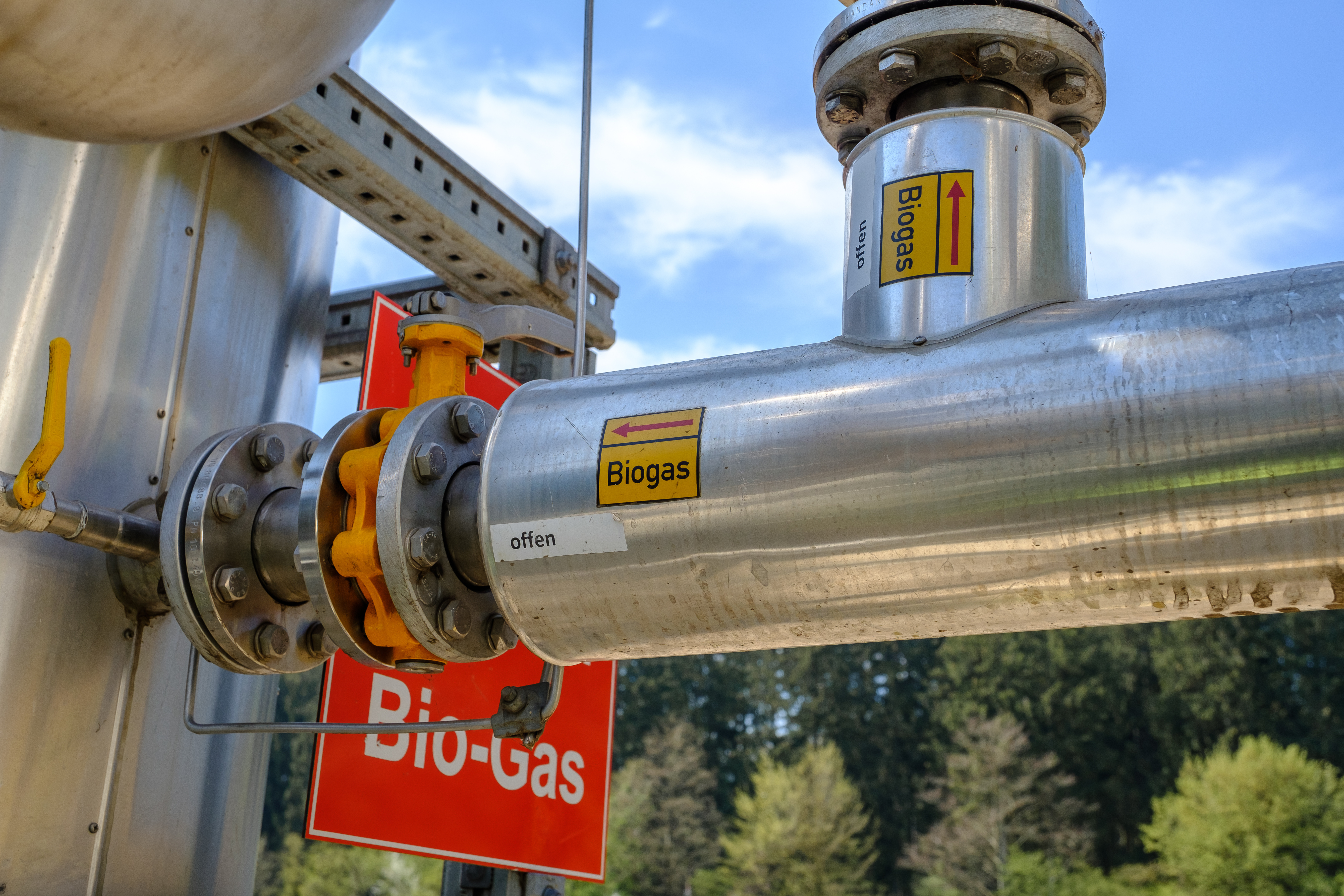


UPM is pleased to announce the launch of the OCTOPUS (Operational Collaborative Tool of Ongoing Practices in Urgent Sanitation) training modules on the Sanihub platform, as part of a collaborative effort alongside Solidarites International, supported and facilitated by the Asian Institute of Technology (AIT)’s Global Water and Sanitation Center (GWSC), funded by Bill & Melinda Gates Foundation (BMGF), and in close collaboration with the Department of Public Health Engineering (DPHE) of Bangladesh and the sanitation actors from Cox’s Bazar.
The motivation behind the OCTOPUS platform is to enable knowledge sharing to ultimately better understand and collaborate regarding sanitation in an emergency context, with a focus on addressing faecal sludge disposal and treatment issues. The platform aims to support sanitation practitioners working in the field of faecal sludge management to fill any knowledge gaps within the sector and ensure that every stakeholder involved is well informed and practices safe and sustainable faecal sludge management.
UPM developed the content for the three initial trainings on the platform to provide a base knowledge on faecal sludge management in emergency settings and enable informed decision-making concerning proper faecal sludge management and safe disposal.
Firstly, a Training Needs Assessment (TNA) was conducted involving various sanitation actors from Cox’s Bazar in order to identify knowledge gaps within the sector and indicate the areas of focus required to be addressed by the planned training modules. The immediately required training topics to be covered were decided to include Biogas Sanitation, Effluent Management, and Biosolids & Sludge Management as a result of the TNA, although the platform is designed in a way that it is open for additional training modules to be included.
The initial three training modules developed by UPM provide basic knowledge of their respective topics and are designed to be accessible by a universal audience, with practical applicability at the heart of each training.
The self-paced open access nature of the platform, and more specifically, the uploading and sharing of case studies, is designed to encourage knowledge sharing within the sector, with hope that WaSH practitioners and relevant stakeholders learn from each other’s experiences to address or avoid any issues they may face in their own specific scenarios of emergency faecal sludge management.
To learn more about the launch event of the Sanihub OCTOPUS Training Modules, please visit the following link: Sanihub OCTOPUS Launch Event.
Also, if you are curious about the training modules and would like to undertake any of the training courses, please visit https://sanihub.info/courses/
About Sanihub


